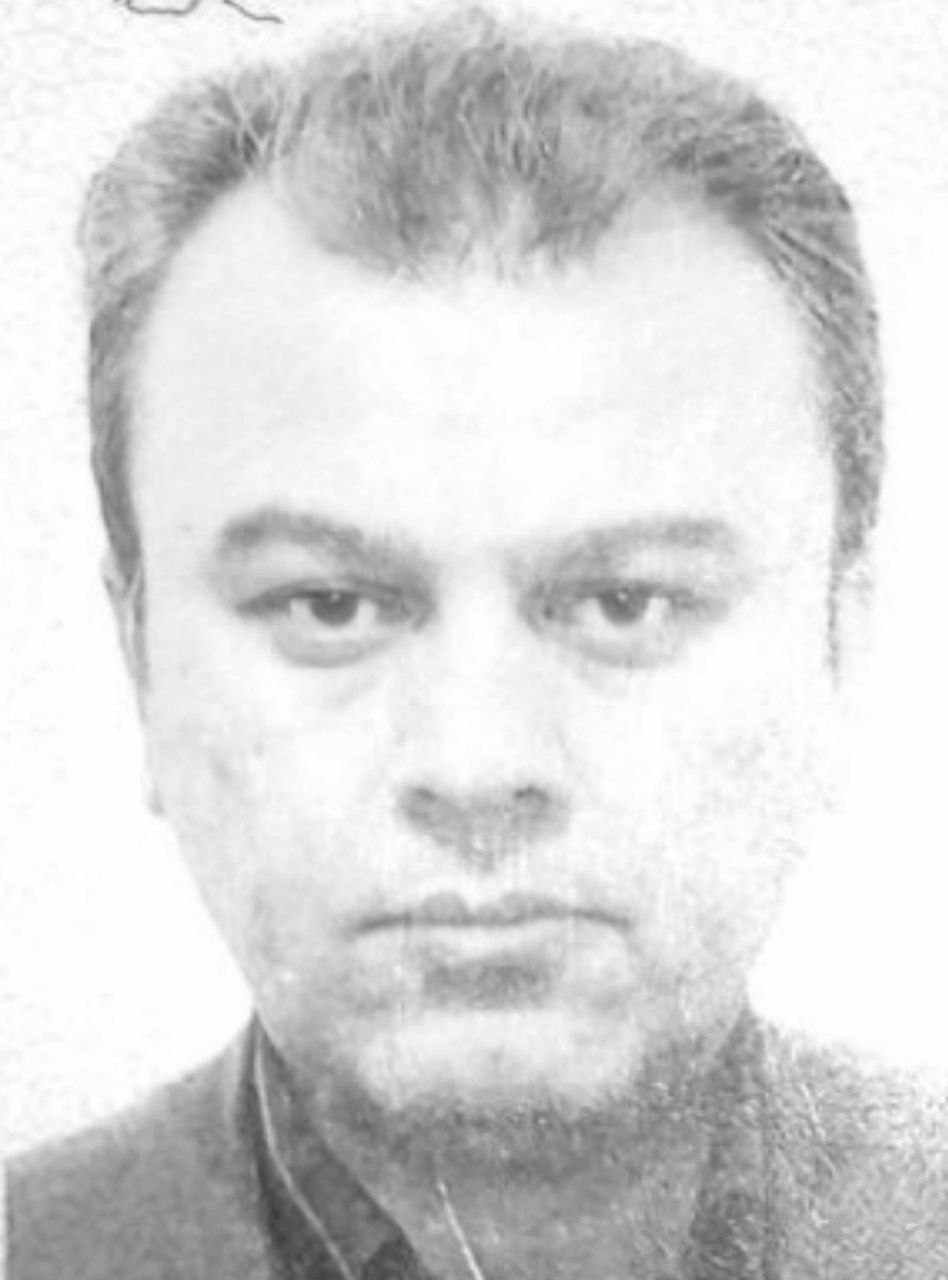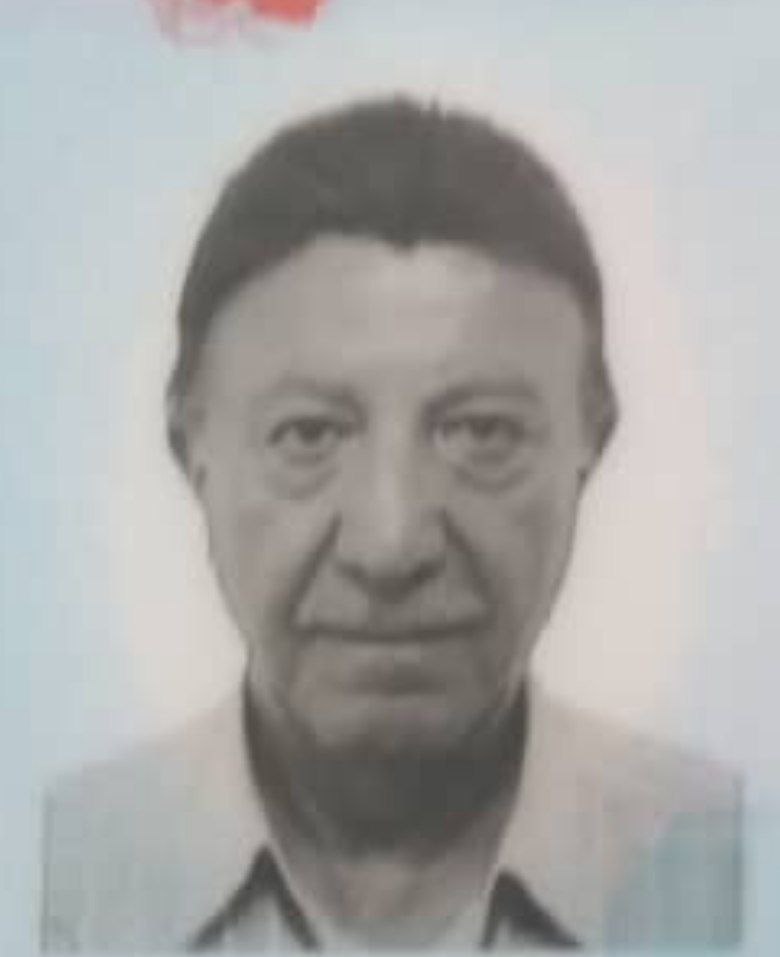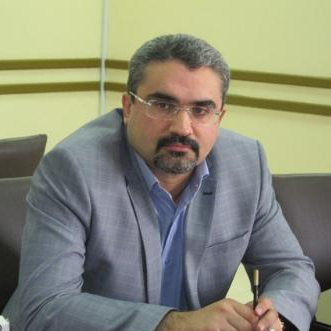The Relationship of Conflict with Parents and Emotional Instability with Dependence to Virtual Space in Female Students of Secondary School
Keywords:
Conflict with Parents, Emotional Instability, Dependence to Virtual Space, Female StudentsAbstract
Background and Objective: Dependence to virtual space is a type of cognitive, behavioral and emotional dependence that has the symptoms of addiction and seems to be related to conflict with parents and emotional instability. Therefore, the aim of this study was to determine the relationship between conflict with parents and emotional instability with dependence to virtual space in female students of secondary school.
Methods and Materials: The present study was descriptive with correlational design. The statistical population of this study was all female students of secondary school of Ramsar township (N=742) in the 2023-2024 academic years, out of which 160 students were selected by a multi-stage cluster sampling method. Data were collected using conflict with parents scale (Straus, 1979), emotional instability questionnaire (Caprara & Pastorelli., 1993) and dependence to virtual space questionnaire (Sadeghzadeh et al., 2019). To analysis the data Pearson's correlation coefficient and multiple regression were used.
Findings: The results showed that there was a positive and significant correlation between conflict with parents (r=0.27) and emotional instability (r=0.25) with dependence on virtual space in female students of secondary school (P<0.01). In addition, conflict with parents and emotional instability could significantly predict 10.6% of the changes of their dependence to virtual space (P<0.01).
Conclusion: According to the results of this study, in order to reduce dependence on virtual space in female students of secondary school can provide the basis for reducing conflict with parents and emotional instability through educational workshops.
Downloads
References
Akbari, A. (2022). The moderator role of Covid-19 in the relationship between dependence on virtual networks and the quality of social relationships. Health Information Management, 19(1), 22-27. https://doi.org/10.48305/him.2022.26200
Alavinezhad, R., Koshki, Sh., Baqdasarians, A., & Golshani, F. (2019). Structural modeling of internet addiction based on maladaptive personality traits and alexithymia among college students: The mediating role of loneliness. Psychological Models and Methods, 10(37), 117-138. https://jpmm.marvdasht.iau.ir/article_4097.html?lang=en
Anjum, W., Gul, M., Ijaz, M. U., Habib, S., & Yasin, S. A. (2023). Perceived inter-parental conflict and social media addiction in pakistani adolescents: the moderating role of emotional intelligence. Russian Law Journal, 11(9S), 731-744. https://www.russianlawjournal.org/index.php/journal/article/view/2595
Arabi, P., Bagheri, N., & Mirhashemi, M. (2021). The prediction dependency on virtual social networks based on alexithymia, attachment styles, well-being psychological and loneliness. Iranian Journal of Psychiatric Nursing, 9(1), 66-76. http://ijpn.ir/article-1-1711-fa.html
Attari, Y. A., Haghighi, J., & Khanehkashi, Z. (2002). An investigation into the relationship between emotional instability, prosocial behavior and aggression in pre-adolescent guidance school students in Ahvaz. Psychological Achievement, 9(1), 1-16. https://doi.org/10.22055/psy.2002.16471
Bakhshai, M., & Azadi, M. (2020). The mediating role of parent-child conflict in the relationship between self-differentiation and social anxiety. Journal of Applied Family Therapy, 1(2), 86-104. https://doi.org/10.22034/aftj.2020.114293
Bierstetel, S. J., Jiang, Y., Slarcher, R., & Zilioli, S. (2021). Parent-child conflict and physical health trajectories among youth with asthma. Journal of Psychosomatic Research, 150(110606), 1-17. https://doi.org/10.1016/j.jpsychores.2021.110606
Caprara, G. V., & Pastorelli, C. (1993). Early emotional instability, prosocial behaviour, and aggression: Some methodological aspects. European Journal of Personality, 7(1), 19-36. https://doi.org/10.1002/per.2410070103
Carvalho, L. F., & Pianowski, G. (2019). Differentiating borderline personality disorder and bipolar disorder through emotional dependency, emotional instability, impulsiveness and aggressiveness traits. The European Journal of Psychiatry, 33(2), 91-95. https://doi.org/10.1016/j.ejpsy.2019.03.001
Cudo, A., & Zabielska-Mendyk, E. (2019). Cognitive functions in internet addiction – a review. Psychiatria Polska, 53(1), 61-79. https://doi.org/10.12740/PP/82194
De Jong, P. F., Schreurs, B. G., & Zee, M. (2022). Parent–child conflict during homeschooling
in times of the COVID-19 pandemic: A key role for mothers’ self-efficacy in
teaching. Contemporary Educational Psychology, 70(102083), 1-11. https://doi.org/10.1016/j.cedpsych.2022.102083
Ehrlich, K. B., Miller, G. E., & Chen, E. (2015). Harsh parent–child conflict is associated with decreased anti-inflammatory gene expression and increased symptom severity in children with asthma. Development and Psychopathology, 27(4), 1547-1554. https://doi.org/10.1017/S0954579415000930
He, D., Liu, Q. Q., & Shen, X. (2021). Parental conflict and social networking sites addiction in Chinese adolescents: The multiple mediating role of core self-evaluation and loneliness. Children and Youth Services Review, 120(105774), 1-8. https://doi.org/10.1016/j.childyouth.2020.105774
Hosni, A. I. E., Li, K., & Ahmed, S. (2020). Analysis of the impact of online social networks addiction on the propagation of rumors. Physica A: Statistical Mechanics and its Applications, 542(123456), 1-12. https://doi.org/10.1016/j.physa.2019.123456
Huang, J., Long, X., Qi, C., Hu, L., & Gao, K. (2024). Differences in driver takeover performance and physiological responses in conditionally automated driving: Links to emotional instability. Transportation Research Part F: Traffic Psychology and Behaviour, 105, 73-86. https://doi.org/10.1016/j.trf.2024.07.001
Hua, Z. (2023). Effects of interparental conflict on children's depression in the context of COVID-19: Does parent-child conflict play a role? Child Abuse & Neglect, 143(106280), 1-10. https://doi.org/10.1016/j.chiabu.2023.106280
Jamei, s. s., & Basharpour, S. (2020). The role of parent-child relationship in predicting dependence on cyber space of secondary school male students. Ardabil: The First national Conference on Psychopathology. https://civilica.com/doc/1151570
Khan, Kh. A., Murthy, B. S. N., Madhusudanan, V., Srinivas, M. N., & Zeb, A. (2024). Hopf-bifurcation of a two delayed social networking game addiction model with graded infection rate. Chaos, Solitone & Fractals, 182(114798), 1-8. https://doi.org/10.1016/j.chaos.2024.114798
Liu, J., Yang, T., Zhou, L., Gong, J., He, Y., Cui, X., & et al. (2021). Association between schizotypal personality traits and emotional instability: mediation and moderation analysis among Chinese college students. Journal of Affective Disorders, 291, 83-92. https://doi.org/10.1016/j.jad.2021.04.079
Oliveira, J., Pedras, S., Inman, R. A., & Ramalho, S. M. (2024). Latent profiles of emotion
regulation among university students: links to repetitive negative thinking, internet
addiction, and subjective wellbeing. Frontiers in Psychology, 15(1272643), 1-13. https://doi.org/10.3389/fpsyg.2024.1272643
Onsroudi, E., Hosseinian, S., Salehi, F., & Mo’meni, F. (2013). The interrelationship of internet addiction, adolescents’ conflict with parents, multidimensional perceived social support, and happiness. Quarterly Journal of Family and Research, 10(3), 77-94. https://qjfr.ir/article-1-106-en.html
Pichardo, C., Romero-Lopez, M., Ruiz-Duran, A., & Garcia-Berben, T. (2021). Executive
functions and problematic internet use among university students: The mediator role
of self-esteem. Sustainability, 13(11003), 1-12. https://doi.org/10.3390/su131911003
Sadeghzadeh, R., Ahadi, H., Dortaj, F., & Manshaei, Gh. (2019). Development and examination of psychometric properties of questionnaire on addiction to virtual social networks in adolescents. Educational Measurement and Evaluation Studies, 8(24), 235-264. https://jresearch.sanjesh.org/article_34189.html?lang=en
Shi, Y., Tang, Z., Gan, Z., Hu, M., & Liu, Y. (2023). Association between family atmosphere
and internet addiction among adolescents: the mediating role of self-esteem and
negative emotions. International Journal of Public Health, 68(1605609), 1-9. https://doi.org/10.3389/ijph.2023.1605609
Straus, M. A. (1979). Measuring intrafamily conflict and violence: The conflict Tacitics (CT) scales. Journal of Marriage and Family, 41(1), 75-88. https://doi.org/10.2307/351733
Tang, C. S., & Koh, Y. Y. W. (2017). Online social networking addiction among college students in Singapore: Comorbidity with behavioral addiction and affective disorder. Asian Journal of Psychiatry, 25, 175-178. https://doi.org/10.1016/j.ajp.2016.10.027
Verweij, R., Helmerhorst, K., & Keizer, R. (2021). Work-to-family conflict, family-to-work
conflict and their relation to perceived parenting and the parent-child relationship
before and during the first Covid-19 lockdown. Journal of Family Research, 33(3),
-771. https://doi.org/10.20377/jfr-636
Yu, J. J. (2019). Longitudinal typologies of perceived parent-child conflict and their correlates in adolescence. Children and Youth Services Review, 98, 132-142. https://doi.org/10.1016/j.childyouth.2018.12.026
Yu, L., & Zhou, X. (2021). Emotional competence as a mediator of the relationship between
internet addiction and negative emotion in young adolescents in Hong Kong. Applied
Research in Quality of Life, 16(6), 2419-2438. https://doi.org/10.1007/s11482-021-09912-y
Zhou, Y., Li, D., Jia, J., Li, X., Zhao, L., Sun, W., & Wang, Y. (2017). Interparental conflict
and adolescent internet addiction: The mediating role of emotional insecurity and the
moderating role of big five personality traits. Computers in Human Behavior, 73, 470-
https://doi.org/10.1016/j.chb.2017.04.012
Zhu, Y., Deng, L., & Wan, K. (2022). The association between parent-child relationship and problematic internet use among English and Chinese-language studies: A meta-analysis. Frontiers in Psychology, 13(885819), 1-26. https://doi.org/10.3389/fpsyg.2022.885819



























